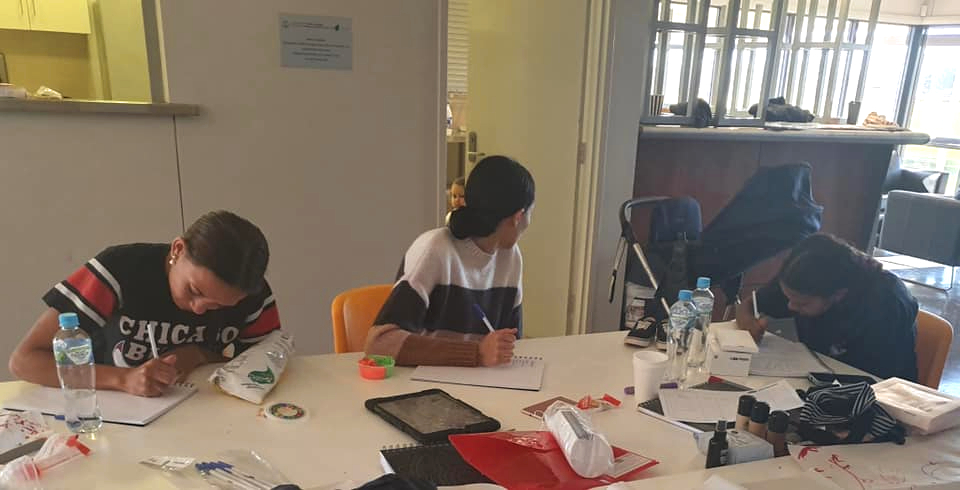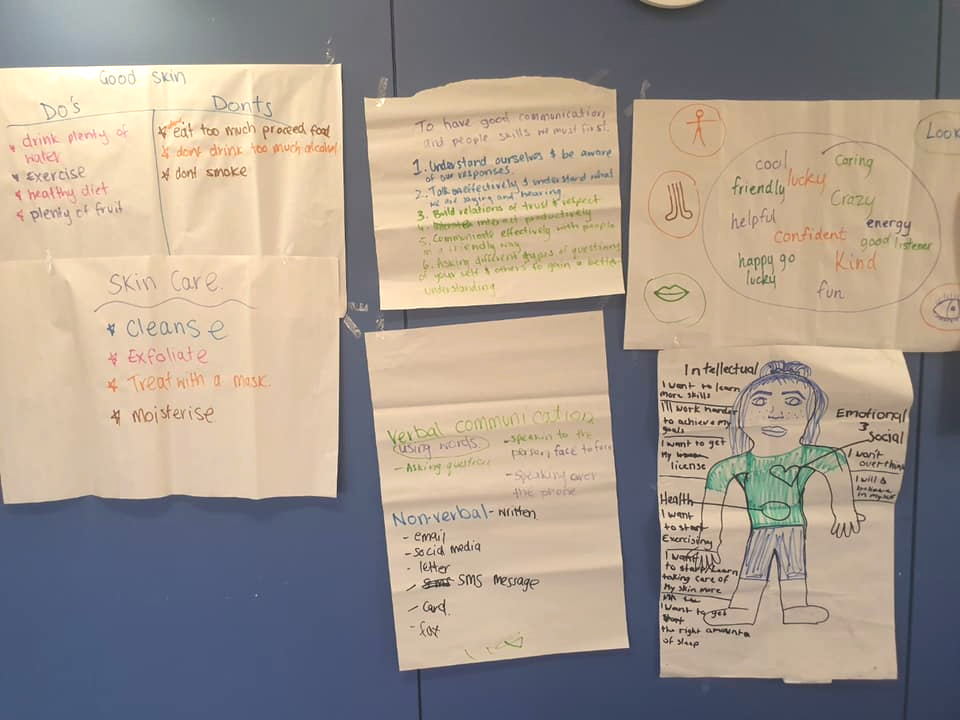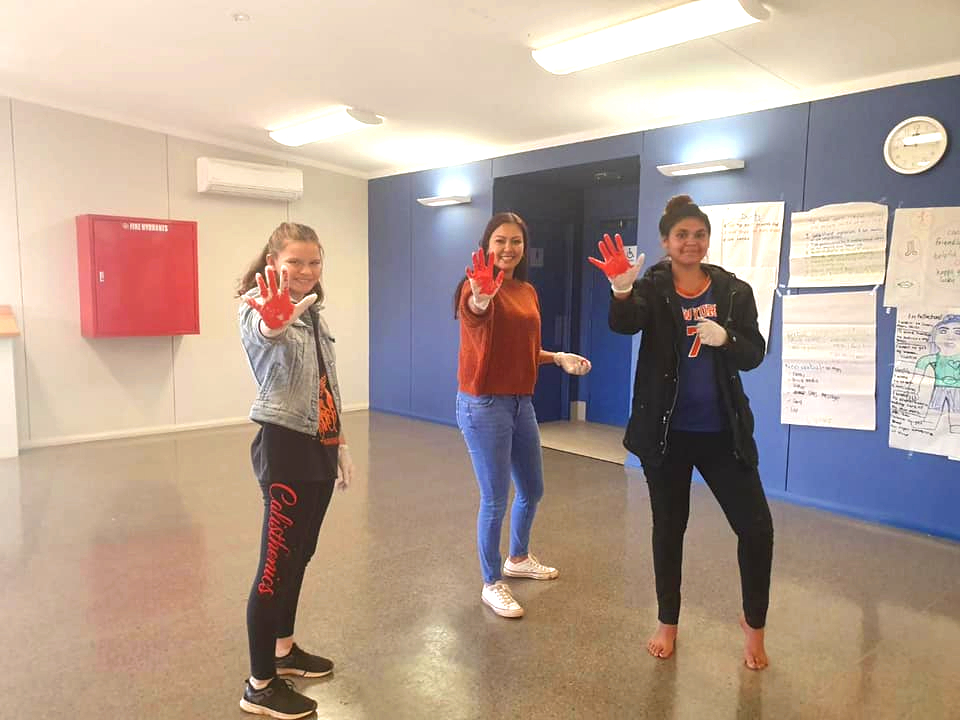Community stories: 23 February 2022
Acknowledging the Wongutha people
Goldfields Girl is about leadership, confidence and building aspirational behaviours. Much more than a pageant, it’s a program that involves personal development, work readiness and community engagement activities for young Indigenous women between the ages of 16 and 25 from the Goldfields region, in south eastern corner of Western Australia. It’s based on the successful Kimberley Girl program, and has been operating since 2017.
Goolarri Media Enterprises (the operational arm of Broome Aboriginal Media Association Aboriginal Corporation) is behind the program, which is part of the overarching Young Women’s Pathways Program, helping young Indigenous women to realise their self-worth, gain confidence to dream big and to build goal setting behaviours.
In 2020, Goolarri’s aim for the program was to engage and participate up to 10 young women from Leonora in the program and workshops. Goldfields Girl is a contemporary cultural activity, and in the remote town of Leonora, there is nothing else like it for Indigenous women at this age and stage of life. The work readiness training and leadership development it provides can be transformational, providing a pathway for successfully navigating transition from school to employment. A significant 43.7% of the Pathways Program participants from 2004 to 2015 were employed, compared to 29.8% employment rate across Indigenous women in all of Australia, in the same age range (and this number is known to be much lower in remote areas.)
With funding from the Kapikarnpi Community Fund, FRRR supported the inaugural Goldfields Girl program in 2017 with a $5,000 grant to the Tjupan Ngalia Land Council Aboriginal Corporation. For two years, activities were held in Leonora and Kalgoorlie. In 2019, there were fewer Leonora participants, and so they were brought to Kalgoorlie for the workshops with their travel, accommodation and meal costs covered. But Leonora is a priority site for the program, and Goollarri wanted to support young women from the town, so they didn’t feel isolated because they were many kilometers from their home and Country.
Goolarri sought funds from the Strengthening Rural Communities program to run a series of 10 smaller, non-accredited workshops based in Leonora in the two weeks prior to Goldfields Girl 2020, to keep the young women engaged as much as possible. They were successful and started planning.
With the programs initially locked in for March 2020 delivery, everything fell apart when the country went into lockdown. Suddenly the risk of these young women feeling isolated became even greater. But the organisation was committed to finding a way forward.
Unsure how to proceed and unable to access the Leonora community, Goolarri got the Broome and Kalgoorlie-Leonora teams together on Zoom to determine a way forward. They agreed to commence the program online by filming fun videos to engage the girls in the accredited training. With a small window in which to keep participants engaged, while not ideal, the plan was better than nothing. So, they developed online modules, videos, adapted content and updated COVID plans as the environment changed.

In the final report, the organisation wrote: “We did everything in our power to ensure this project went ahead, to the point where our organisation invested heavily in developing accredited training materials and training videos for the girls, so they did not think we had just walked away and left them.”
“None of it was easy but we did it for the young women.”
Past Leonora participants were trained in the delivery and support of the materials and this was a wonderful outcome that has enabled additional skill sharing for other young women in the community.
“We know from their feedback that these young women gained so much out of this and enabling them through trust in on the ground delivery gave them additional ownership for future activities such as this.”
While they didn’t achieve all the results they had hoped for with this adapted delivery model, they hope that we can make a bigger impact in future years delivering the full program in person.
“We know we touched the lives of those girls who did participate and hope to keep them engaged for future delivery.”



